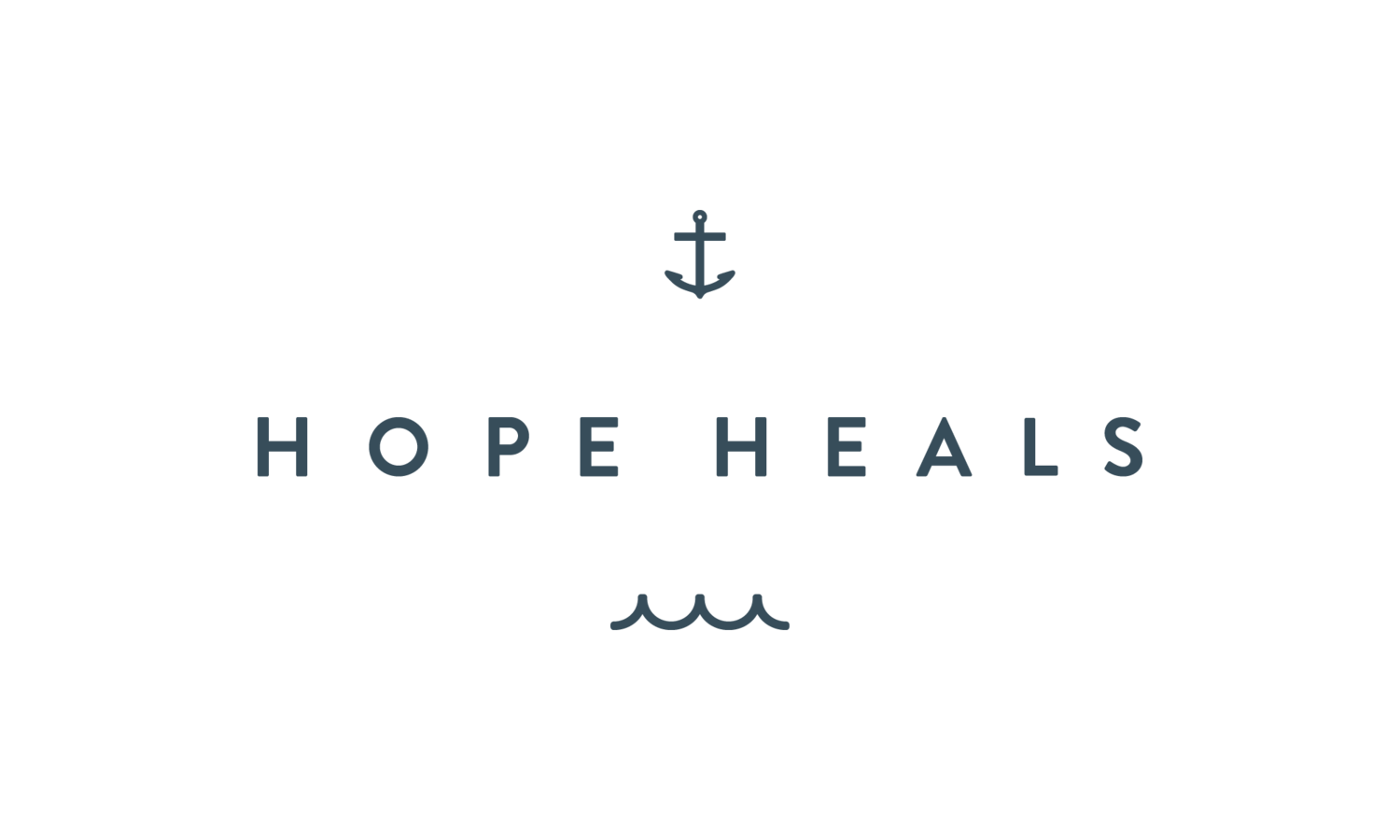Paying Attention to What We Remember
Every personal identity is a big collection of stories, and every story starts with a seed of memory. Some memories enrich and others poison, some memories inspire and others haunt. I’m convinced that the facts of what happened to us matter far less than the way we remember what happened to us.
Remembering well allows us to re-narrate our old stories and remember a new kind of future.
Several years ago my husband Jay and I decided to take a dream vacation to Italy to celebrate our thirtieth birthdays. International travel can prove intimidating under ordinary circumstances, but this trip was especially momentous for us. It marked the first time we would travel internationally since I’d suffered a catastrophic brainstem stroke that had left me with significant physical disabilities and deep emotional traumas.
During our time in bella Italia, we navigated language barriers, played bumper cars with some spirited Italian motorists, missed just about every train, lugged my wheelchair around every inaccessible metro station in Rome, repeatedly lost our route in the dark maze of winding streets, paid a small fortune in parking tickets, and eventually snapped every spoke on my wheelchair as we bumped along the ancient cobblestone roads. On the return flight home, we sat in mind-boggled silence as we wondered how a relaxing getaway became such a stressful, demoralizing challenge. We could have filled a tearstained journal with all the reasons we’d never again venture out into a world that was no longer made for us.
But instead of letting the ink dry on the sob story of our Italian misadventures, we decided to take a highlighter to the shining moments of our trip. Sipping our airplane coffee, we reminisced on eating pounds of fresh pasta and building a crackling fire in our cozy rented apartment. We chose to remember our front row seats at the Pope’s Palm Sunday address and our slow afternoon stroll under a canopy of pink blossoms that fell like confetti in the April breeze.
Our trip to Italy was a microcosm of the lesson we’ve been learning every day in the decade since my stroke: we have the agency to redefine the hard parts of our stories.
You and I are the narrators of our personal histories. We’ve been endowed with the weighty responsibility of telling the story of us to us.
I’ve lived an exceptionally hard story, but it would be irresponsible and untruthful to claim it’s been a bad story. My life is bearable because I’ve decided to identify the true story—the good with the bad—and tell it in the most beautiful way I can. Telling my redefined story isn’t about denying the dark parts of my past, but rather about leveraging the lovely and redemptive moments to look into the future with genuine hope that beauty is ahead because it lies behind too.
Our brilliant friend Dr. Curt Thompson introduced us to the life-altering practice of paying attention to what we remember. As my brain projects ahead into an unknown future to prepare for what’s to come, it is working with the limited and limiting information provided by my memories of the past.
If our memories are formed by what we pay attention to, then our brains will anticipate what we remember.
When we cling to the tragic details and depressing plotlines of our lives, our brains expect tragedy and depression. But when we choose to narrate our stories with complex beauty, nuanced grace, and pervasive gratitude, our brains can begin to anticipate goodness from the days to come. Paying attention with intention doesn’t erase the bad stuff, but it does empower us to lean into our uniquely human capacity to find hope in every chapter.
Responsible remembrance is a bit of past-changing magic that gives us the grace of distance, which leaves space for perspective and gratitude to redefine our past, present, and future.
By remembering the past thoughtfully, we can anticipate the future with hope. The past is immutable, but the way we engage the past today—in the present—is a choice.
Grateful remembering pulls back the layers of loss to reveal goodness underneath it. We need to grieve the hard story, but we need to get to work on the redefined story. Taking up the pen of thoughtful remembrance and penning the true story of our lives is where healing begins.
